
Neurology is that branch of modern medicine which deals with diseases of the brain, spinal cord, nerve, muscle and neuromuscular junction. Various genetic or hereditary, environmental, traumatic, vascular, neoplastic, infective and inflammatory causes affect the optimal functioning of the central and peripheral nervous systems leading to various diseases. Neurological diseases are usually chronic and not all are curable.
It is here that we have to consider integrating divergent systems of medicine. Is there a role for integrating different systems of medicine for the ultimate betterment of the patient? There are different systems of medicine, some well standardized and validated like modern medicine and some not so well validated. There are systems like Ayurveda, which even though not currently validated by clinical trials like modern medicine, has stood the test of time and enjoyed the patronage of a vast section of population due to its holistic approach and beneficial effects.
The same is the case with neuro degenerative diseases like Parkinsons disease, Dementia, Myelopathy, Neuropathy, Myopathy etc. Many a times, the neurologist faces patients with chronic ailments for which he doesn’t have a cure.
Take for example a person affected with stroke. Stroke produces a vascular damage to the brain resulting in neurological deficits which can be reduced to a great extent with timely neurological intervention followed by rehabilitation. However, in most cases, we see stroke survivors with partial deficits having to lead the rest of their life with their deficit thus affecting the quality of their life.
Migraine is a form of severe headache affecting mainly on one half of the head and lasting for about 48-72 hrs and associated with nausea, vomiting, photo irritability. The disease is a neuro vascular illness and seen more in women.

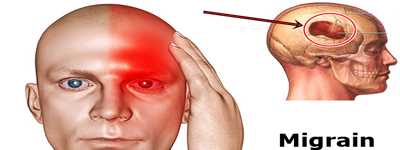
Facial neuralgia is a neurological condition which is characterised by intense pain on the trigeminal nerve course. Usually felt over face usually on the front of face mainly on forehead, cheek, jaws and lips.
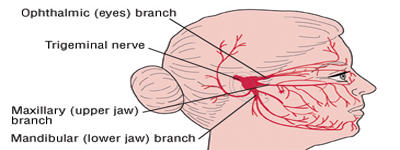
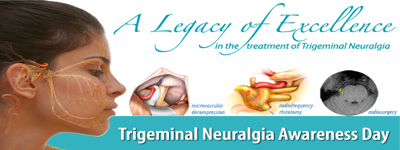
Hemi paresis is the weakness of one side of the body. Hemiplegia is the complete paralysis of one side of the body. Both are caused by stroke, tumours or trauma.
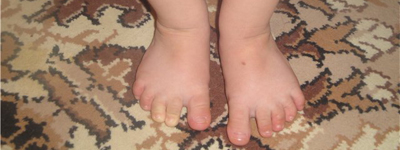
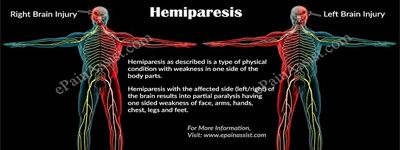
A stroke happens when blood stops flowing to any part of your brain, damaging brain cells. The effects of a stroke depend on the part of the brain that was damaged and the amount of damage done.

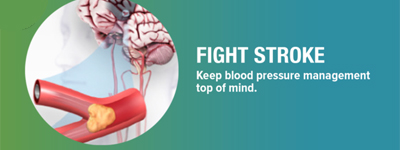
Multiple sclerosis is a demyelinating disease leading to different types of symptoms that include neurological, physical and even psychiatric symptoms. It is believed to be the most common auto immune disease affecting brain and central nervous system.
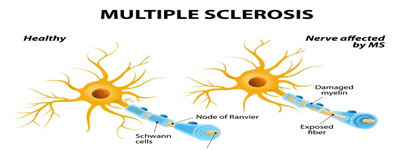
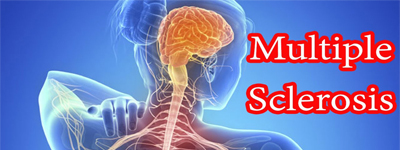
Muscular dystrophy is a progressive weakness of skeletal muscles resulting in mobility restrictions and disabilities. The major symptoms are loss of balance, muscular wasting, atrophy, respiratory distress and so many.
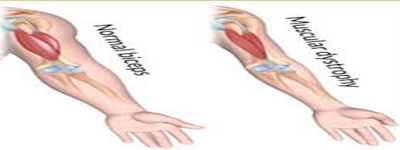
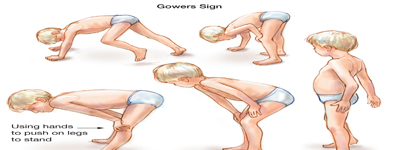
Neuro Muscular Diseases are the diseases that causes functional impairment of muscles due to neurological issues. These include multiple sclerosis, cerebro vascular accidents, Parkinson’s diseases etc.
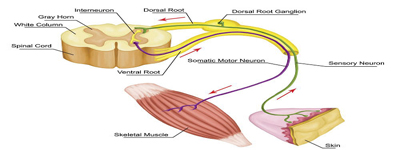
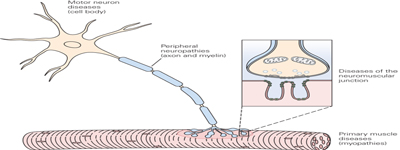
Post traumatic brain injury syndrome (PTBIS) is a group of clinical symptoms that a patient may have to experience after a traumatic brain injury. This may last from weeks to years to life and need to manage accordingly.

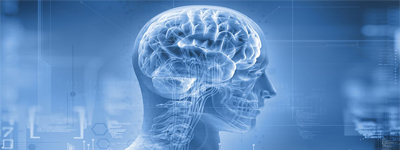
The Migraine occurs due to disturbed pitt (Fire element) resulting in imbalance of vata (air element imbalance) in the brain. This imbalance arises due to improper digestion, impaired metabolism, mental and physical stress, sleeplessness, etc. Our body has a regulated system of Vata in brain that maintains the diameter of the blood vessels. These blood vessels maintain the microcirculations in brain. In the event of disturbance in the Vata level,
Good nutrition has a major effect on the outcome and course of patient's life and recovery. The treatment of Trigeminal neuralgia is focused on relieving the pain first. Ayurveda however focuses on treating the root. The Ayurvedic treatment of Trigeminal neuralgia consists of natural herbs, Ayurveda oils for restoring the imbalance of Vata. Vata is known as "Air element" as per Ayurvedic principles and the treatment is focused on restoring the balance.